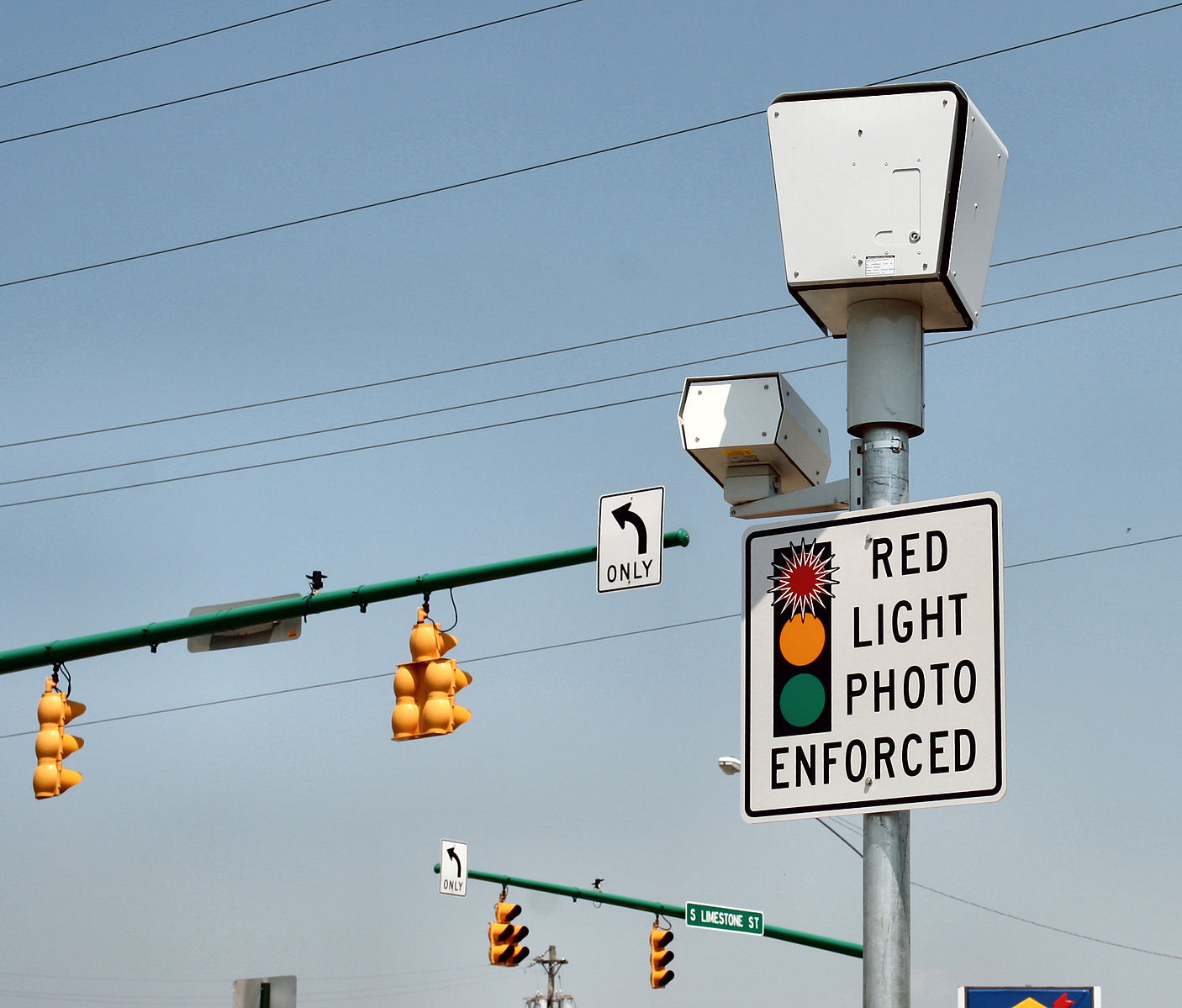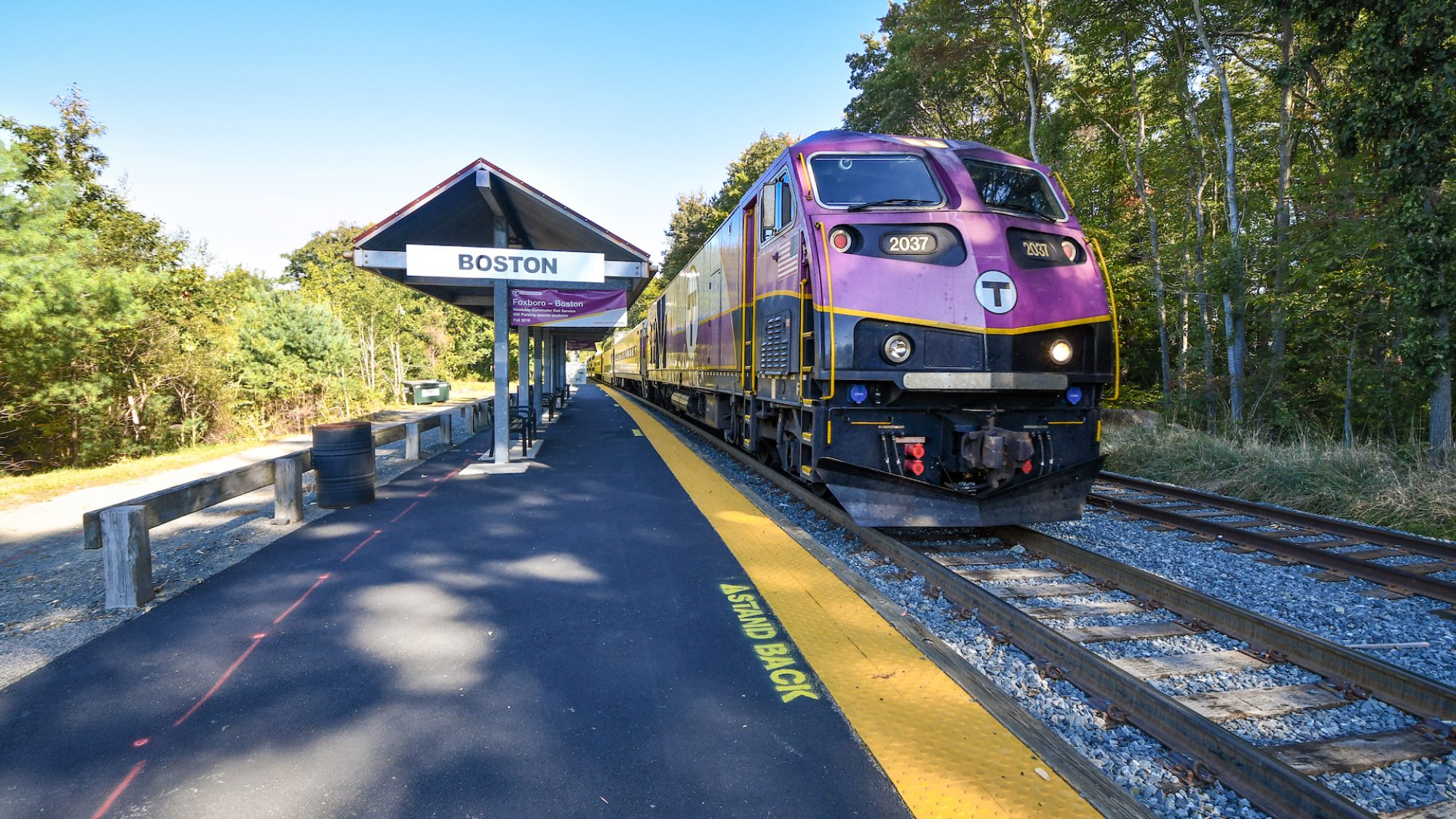This fall, Massachusetts lawmakers are taking up a backlog of legislation that had been set aside during the pandemic, when lawmakers were focused on the public health emergency and its economic fallout.
Last week, two legislative committees – the Joint Committee on Transportation and the Joint Committee on Public Safety and Homeland Security – hosted public hearings to discuss proposals that could affect traffic rules and enforcement across the Commonwealth.
Here's a quick summary of some of the bills they discussed:
- “An Act relative to automated enforcement,” sponsored in the House as H.2426 by Rep. Michelle Ciccolo (D-Lexington) and in the Senate as S.1545 by Sen. William Brownsberger (D-Belmont). In February 2020, StreetsblogMASS covered a previous version of this bill, which seemed to be bound for passage before the onset of the Covid-19 pandemic shut everything down.The latest versions of the bill would let municipalities install cameras that would capture violations of traffic laws related to speed limits, red lights, stopped school buses, or dedicated bus lanes, and automatically issue $25 fines to the owner of the violating vehicle.Similar technologies are in use in hundreds of other cities across the U.S. A 2017 research study from Northwestern University concluded that automated enforcement cameras in Chicago contributed to a ten percent drop in injury-causing crashes in the city, and also documented a “spillover effect” where drivers also became less likely to run lights at intersections that didn’t have cameras installed.
- "An Act Relative to Electric Bicycles," sponsored in the House as H.3457 by Reps. Dylan Fernandes (D-Falmouth) and Steven Owens (D-Watertown), and in the Senate as S.2909, sponsored by Sen. Sal DiDomenico (D-Everett), would clarify state traffic laws and how they would apply to pedal-assist electric bikes. The bill would also define three classes of e-bikes, consistent with regulations established in other states. Such regulation is seen as a crucial prerequisite to adding pedal-assist e-bikes to the Bluebikes system.
- S.1547, "An Act Related to Racial Profiling in Traffic Enforcement," sponsored by Sen. Harriette Chandler (D-Worcester), would establish a Task Force on Traffic Stops and Racial Profiling that could make recommendations on automated enforcement and whether certain traffic violations should continue to be treated as criminal acts, or be treated as civil violations, among other issues.
- S.1549, "An Act Relative to Traffic and Pedestrian Stop Data," sponsored by Sen. Sonia Chang-Diaz (D-Boston/Jamaica Plain), would require police departments to collect and report on racial and ethnic data from traffic stops or frisks in order to "examine and analyze any racial or other disparities, and formulate and implement an appropriate response."
- “An Act to reduce traffic fatalities,” sponsored in the House by Reps. Mike Moran (D-Boston/Allston) and William Straus (D-Mattapoisett) as H.3549, is an omnibus safety bill that would require additional convex mirrors, backup cameras, and side guards, for state-owned trucks, ban "bull bars," set a minimum safe passing distance for vulnerable road users, set a 25 mph speed limit on state-owned roadways through state-owned roadways, and create a standardized report form for crashes that involve people walking or cycling. As previously reported on StreetsblogMASS, a companion bill in the Senate, S.2273, sponsored by Sen. William Brownsberger (D-Belmont), includes similar language, but also includes a clause that would make it illegal for people to ride a bicycle without an electronic rear light and a rear reflector (current law requires either a light or a reflector). Advocates, including the Massachusetts Vision Zero Coalition, are supporting the House version of the bill, but not the Senate version, over concerns that the bike light provisions will increase the risks of racial profiling and police violence against people of color.






